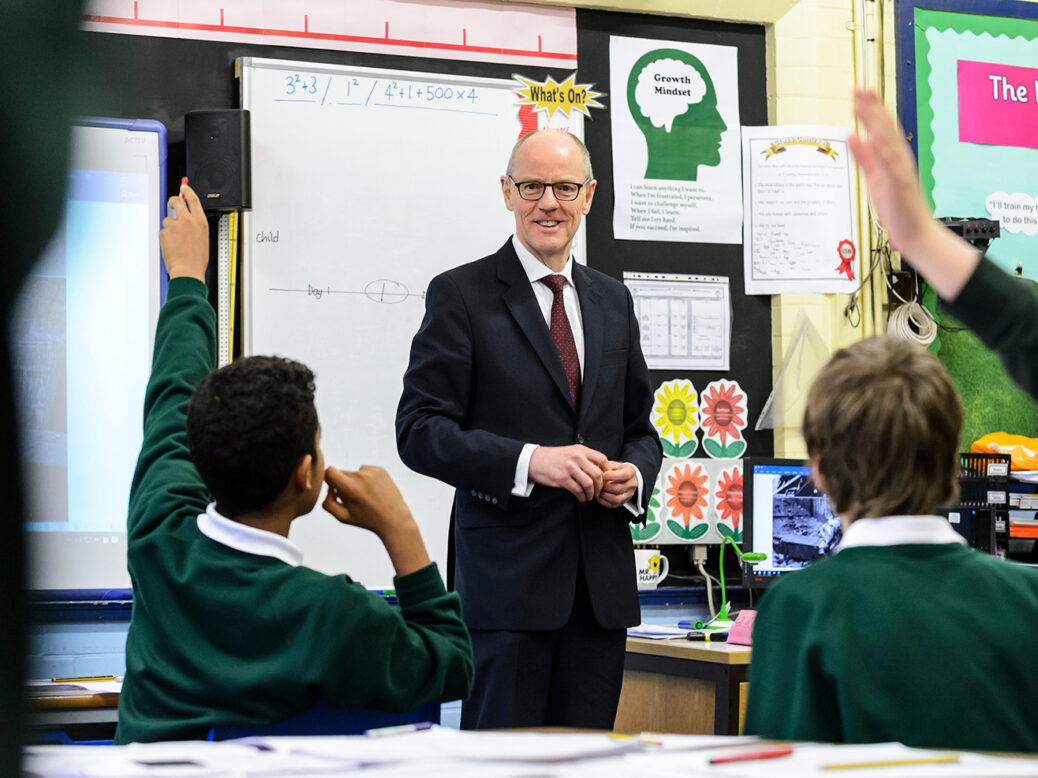The recent elections in the Netherlands could significantly affect Montenegro’s aspirations to join the European Union. Following the elections held on March 15, 2024, the anti-Islamic party led by Gert Wilders suffered major losses, paving the way for a new government composed primarily of centrist parties, notably D66 under the leadership of Rob Jetten. This shift could influence the EU’s approach to expansion, including Montenegro’s bid for membership by 2028.
Historically, the Netherlands has been one of the EU member states expressing skepticism towards further enlargement. With the anticipated coalition, the stance towards EU expansion may transition from critical to more constructive. As analyzed by the BiEPAG (Balkans in Europe Policy Advisory Group), the nature of coalition negotiations will play a crucial role in determining whether the new government adopts a supportive or skeptical view towards Montenegro’s membership.
Voter turnout in the Netherlands surpassed 78%, setting the stage for what is expected to be a protracted period of coalition negotiations in The Hague. Potential outcomes could see a left-centre government formed by D66, CDA (Christian Democrats), and VVD (People’s Party for Freedom and Democracy), possibly including parties like the GL-PvdA (Green Left/Social Democrats). Alternatively, a centre-right coalition could emerge that includes the more radical JA21 and the agricultural-focused BBB.
The Netherlands has previously taken a firm stance against opening accession talks with Albania in 2019 and blocked visa liberalization for Kosovo against the European Commission’s recommendations. While not outright rejecting EU expansion, the Netherlands has emphasized strict conditions surrounding the rule of law and merit-based access, placing the interests of a fully functional EU above geopolitical imperatives.
Montenegro must closely monitor the developments in the Netherlands, especially concerning the potential for a veto on new member admissions. The European Commission and many EU member states advocate for Montenegro’s integration, making it critical for the country to present strong arguments for its accession to the EU.
While PVV, the party led by Gert Wilders, is known for its skepticism towards the EU and opposition to enlargement, four out of five leading political groups support the admission of new EU members, either directly or conditionally. D66 advocates for expansion, particularly concerning Ukraine, whereas the coalition between the Labour Party (PvdA) and the Greens (GroenLinks) promotes active support for candidate countries, excluding Turkey, alongside gradual integration.
The potential coalition of these four parties proposed by Rob Jetten during election night could lead to a more proactive role for the Netherlands in Brussels and greater support for expansion, provided necessary reforms are implemented to safeguard the rule of law across the Union, which could expand to over 30 member states.
Conversely, if D66 forms a centre-right coalition with CDA, VVD, and potentially JA21 and BBB, the new government may adopt a more reserved approach towards EU expansion and broader EU policies. Regardless of the coalition outcome, the negotiations promise to be arduous and lengthy, suggesting that the Netherlands is likely to maintain a relatively critical stance on EU enlargement.
Despite the rarity of EU expansion featuring as a priority in Dutch political discourse, a centrist coalition government is unlikely to block the accession of candidate countries if it finds itself isolated in the European Council. For Montenegro, as a key player in EU integration, presenting compelling arguments for membership is of paramount strategic importance to garner support from all member states.







